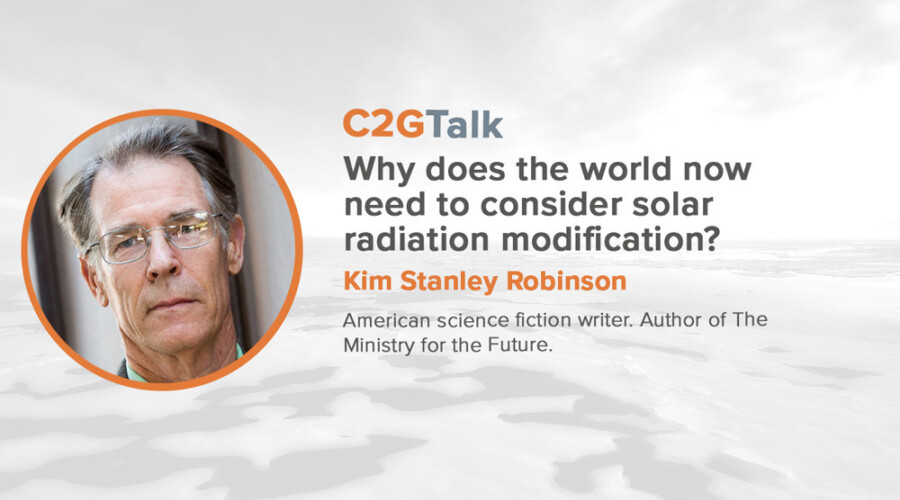On October 29, 2012, Superstorm Sandy struck the East Coast of the United States. Destruction from the storm has resulted in more than 110 deaths and tens of billions of dollars in financial losses.
But while the world watched in horror as Americans suffered Sandy’s wrath, far fewer took notice when it first made landfall in the Caribbean. A full week before Sandy hit the U.S., the storm struck Jamaica, Haiti, Cuba, the Bahamas, and Bermuda. It left hundreds of thousands homeless and wiped out vital crops and livestock. In Cuba, it’s estimated to have been the most damaging storm in the past 50 years.
But as is often the case with climate change, Sandy’s impact on some of the world’s poorest countries went almost unnoticed. As this storm underlined, it’s only when rich countries suffer the wrath of climate change that Western media take note.
Is this inequality in coverage necessarily problematic? In some respects, no. After all, Sandy may have gotten climate change onto the U.S. agenda. If America takes steps to address climate change, all countries will be the better for it.
But there are several reasons why the inequality in coverage is problematic. For one, the world’s poorest communities in Africa, Southeast Asia, and Latin America suffer most from climate change.
Second, poor countries have fewer resources to combat it. While the U.S. can afford expensive technologies to protect its coasts from rising sea levels, many developing countries cannot.
Third is the issue of fairness. If all human life is equally important, then why should America’s suffering warrant more attention than India’s or Ethiopia’s?
What do you think? Is Western media coverage of climate change biased, and is this a problem? If so, how can individuals work to correct this?
By Marlene Spoerri
Eric Pooley, "'I Thought We’d Already Answered That Question': Will Politicians Keep Talking About Climate Change?," The New Republic, November 4, 2012
Peter Rothberg, "Poorest Countries Hit Hardest by Climate Change," The Nation, February 6, 2012
Roy Greenslade, "Hurricane Sandy: why have the British media ignored Caribbean victims?," The Guardian, October 30, 2012
Peter Orsi, "UN Announces Aid Package for Cuba in Sandy's Wake," Associated Press, November 6, 2012
Photo Credits in order of Appearance:
NASA Goddard Photo and Video
david_shankbone
Chimen Lakay [also for photo 4]
DVIDSHUB
Christopher Schoenbohm
350.org
Wally Gobetz
Bob Ramsak / piran café
U.S. Coast Guard
Sunset Parkerpix
MTAPhotos


